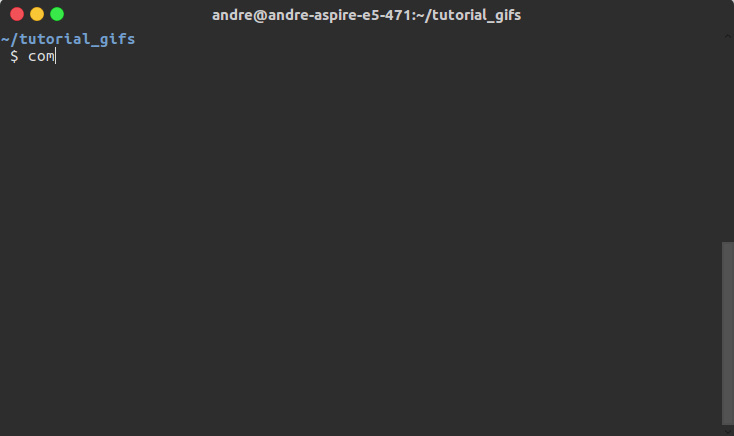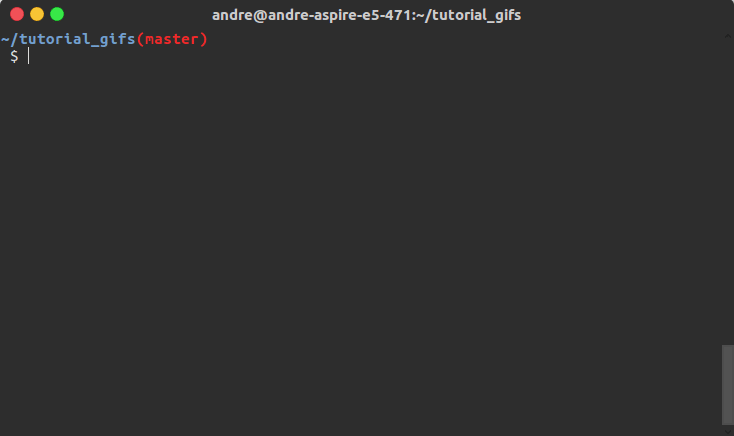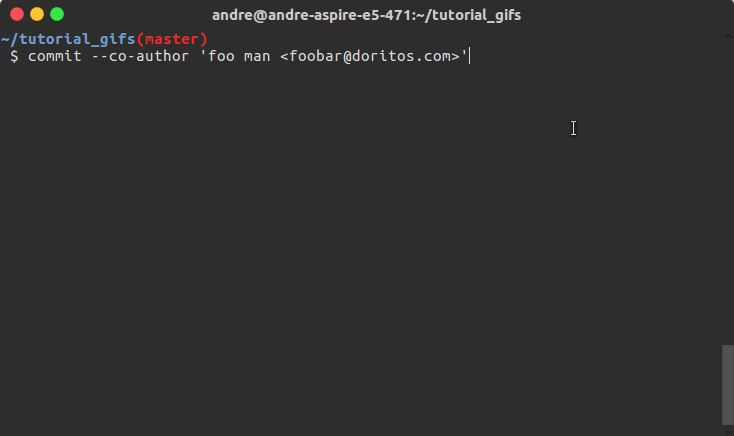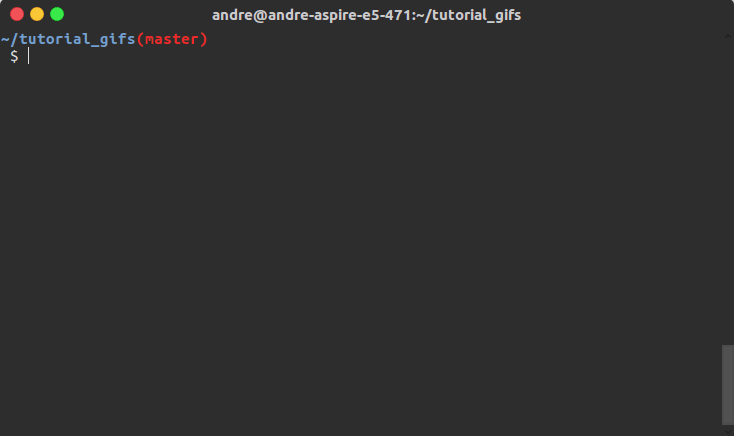The commit-helper do exactly what it's name suggest: helps you create and maintain your commit policy by tailoring your commit message into a commit convention.
Keeping a commit policy may sound like an easy thing to do, but in reality we both know that it isn't.
Sometimes we, the developers, go full-loco while programming and make mistakes when commiting. That's fine, everyone makes mistakes. But, what if those mistakes could be avoided?
In order to install one of our older versions, check our previous releases. To install the latest (pip) version, just follow the commands below:
$ pip3 install commit-helperIf you already have one of our pip releases installed in your machine and want to update to the latest version, use the command:
$ pip3 install --upgrade commit-helperThis program has a cli that you can take advantage of. Running commit --help
will show you the usage and options for your commit. All of them are optional
for the sake of not losing your precious time.
$ commit -h
usage: commit [-h] [-t TAG] [-m MESSAGE] [-ct CONTEXT] [-ca CO_AUTHOR] [-nf]
[-c {angular,karma,tagged,symphony,message}] [-d]
A commit formatter tool to help you follow commit conventions.
optional arguments:
-h, --help show this help message and exit
-t TAG, --tag TAG Pass your commit tag directly
-m MESSAGE, --message MESSAGE
Pass your commit message directly
-ct CONTEXT, --context CONTEXT
Pass your commit context directly
-ca CO_AUTHOR, --co-author CO_AUTHOR
Make your friend an co-author to the commit
-nf, --no-file Disables the creation of a commiter.yml or commit-helper.yml file
-c {angular,karma,tagged,symphony,message}, --convention {angular,karma,tagged,symphony,message}
Selects a convention to be used for the commit.
Required if there's no commiter.yml or commit-helper.yml file.
-d, --debug Toggles debug option
So, if you want to write a co-authored commit, you should use:
$ commit --co-author "foo bar doritous <foobar@douritos.com>"Or if you are using this for the first time in your project:
$ commit --convention taggedTo work even more smoothly, have in your working directory a file named commiter.yml or commit-helper.yml. In this file you must pass the commit convention that you want to use, following the example:
convention: angular # tag(context): commit message
# or
convention: karma # tag(context): commit message
# or
convention: tagged # TAG: commit message
# or
convention: symphony # [Tag] commit message
# and if you're feeling adventurous
convention: none # Commit messageIn case that you or your organization does already have a commit convention that is not listed above, you can configure it in the commiter.yml or commit-helper.yml file as following:
convention: custom
# considering a commit message like '{add} (stuff) ~> in file foo.br'
commit_pattern: '{tag} (context) ~> message'
# tag, message and context are reserved words that will be replaced in your commit message
context: true # this is a must have field! If your pattern doesn't have one, assign false to itSupported conventions available:
- angular
- karma
- tagged
- symphony
- atom
- only message (no convention)
- a custom one that you may create :)
If after you've installed commit-helper the commit or commit-helper commands are not usable at the command line, check if $HOME/.local/bin is on your PATH. If not, add it on your .bashrc file by running:
$ echo "export PATH=$HOME/.local/bin:$PATH" >> .bashrc| Name | Username |
|---|---|
| André de Sousa Costa Filho | @andre-filho |
| Name | Username |
|---|---|
| Arthur José Benedito de Oliveira Assis | @arthur0496 |
| Matheus Richard Torres Gomes de Melo | @MatheusRich |









